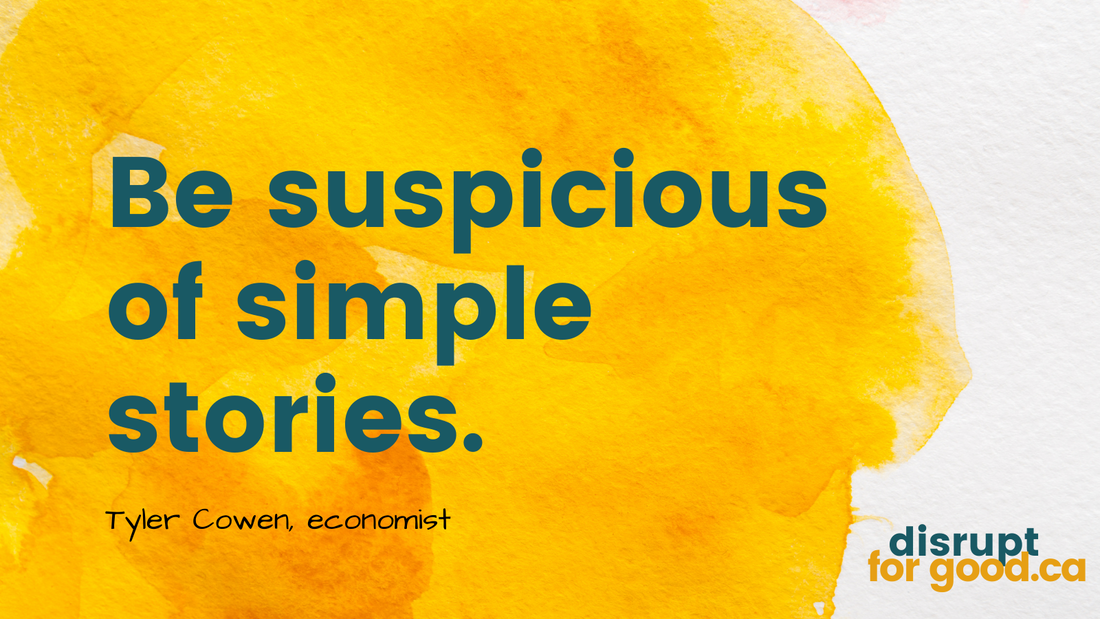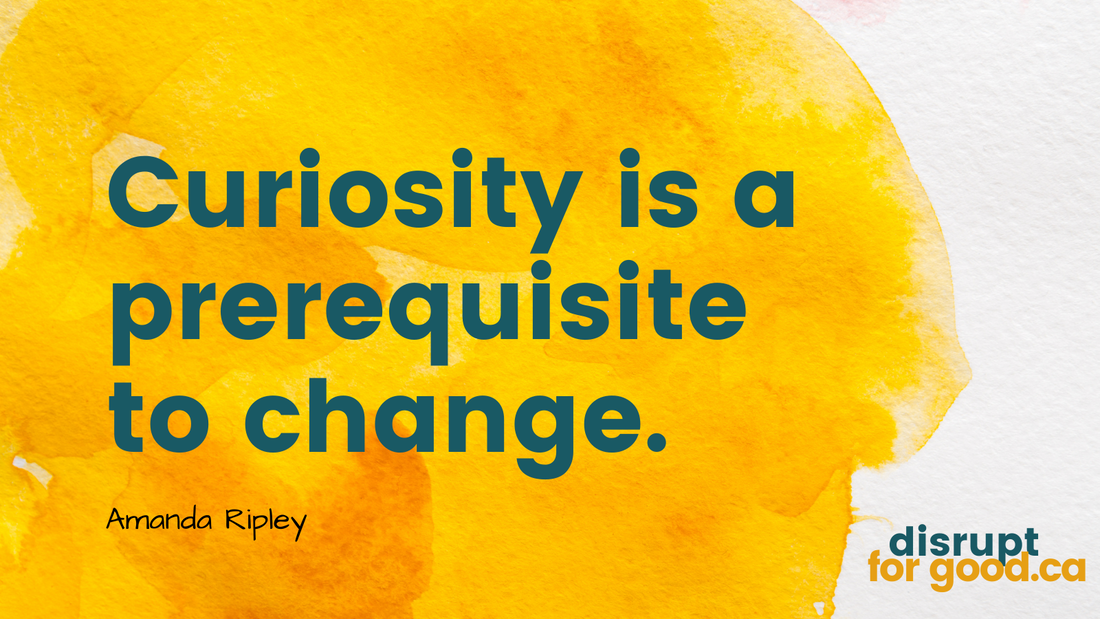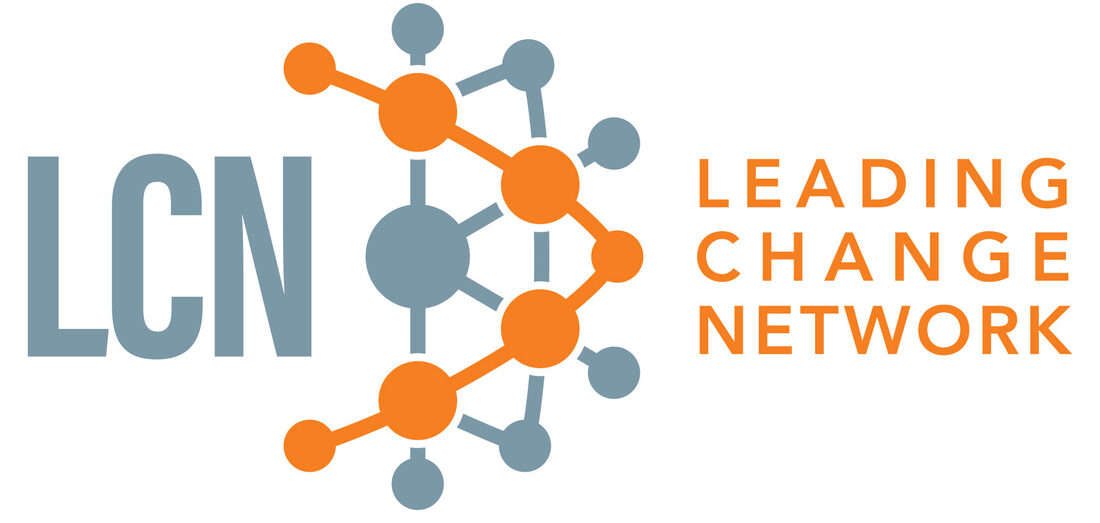|
For no particular reason at all, apropos of nothing in particular, a book called High Conflict: Why we get trapped and how we get out, by Amanda Ripley, caught my eye a few weeks ago. Ripley distinguishes between healthy conflict and high conflict. Healthy conflict she describes as “useful friction” rooted in curiosity, passion, and where all sides want a solution. It can get stressful and heated, but everyone’s dignity stays intact. High conflict is something else altogether, when discord distills into a good-versus-evil, us-versus-them feud where curiosity is replaced with certainly and righteous rage. The fight is no longer about the original issue, it becomes about the conflict itself. And there seems to be little interest in moving through it to the other side. Sound familiar? Any number of local, national, and international examples may be popping into your head right now. The book is very illuminating with stacks of stories as examples. One of my biggest takeaways for us is the role of narrative in perpetuating or getting out of high conflict, and that’s what I want to share with you here. Ripley notes that oversimplified narratives feed us-versus-them conflicts. So one of the things that we can do to disrupt harmful, divisive narratives is to complicate them. Very few people fit perfectly into one group. Us-versus-them conflicts are always built on boiled-down, binary caricatures. The media often omits parts from interviews that don’t fit into the narrative they are building. We've all received the advice to keep our message simple to help it spread, and I still think in many cases this is true. Simple messages are easier to remember, easier to repeat, and thus easier to spread. But Ripley suggests there are times we should amplify, rather than dismiss, contradictions that we see in real life to spark more curiosity. “If you can get curious, really curious, about people who disagree with you, it can make conflict healthier, almost immediately, depending on the situation.” Some suggestions for complicating narratives for good:
What would you add to this list? Comment below, and thanks for reading!
0 Comments
Leave a Reply. |
AuthorI'm Jennifer. I am an advocacy and communications strategist working with multiple charities and nonprofits. And I want to disrupt our sector for good. Archives
April 2024
Categories |



 RSS Feed
RSS Feed
